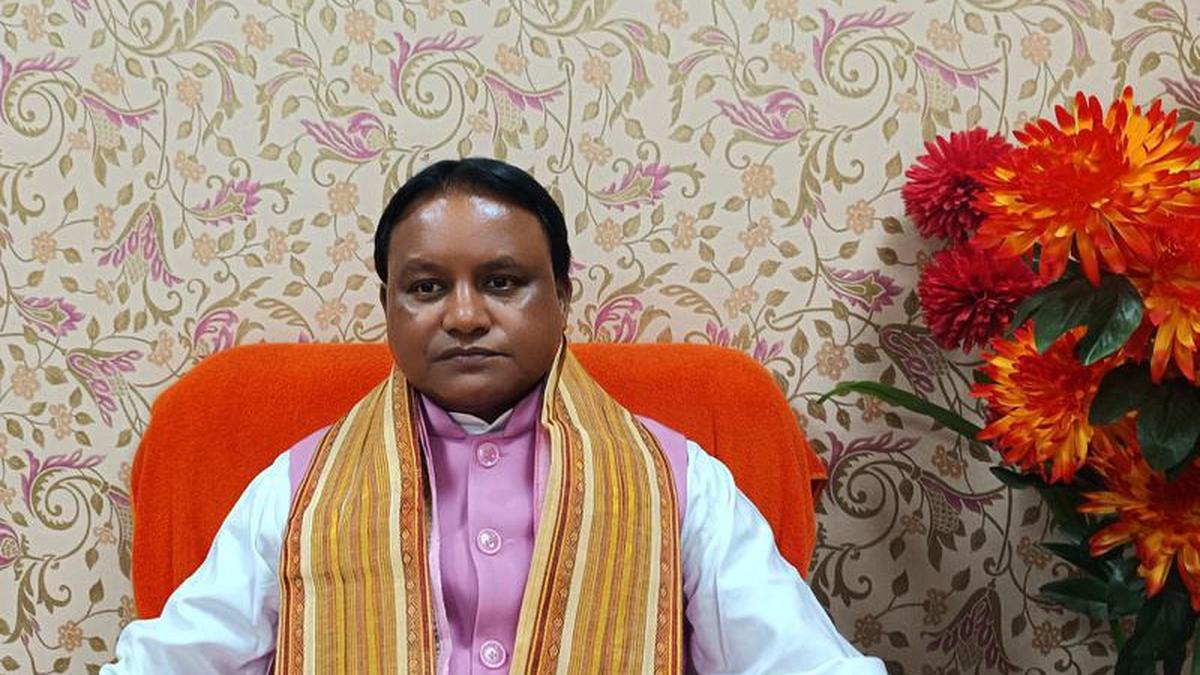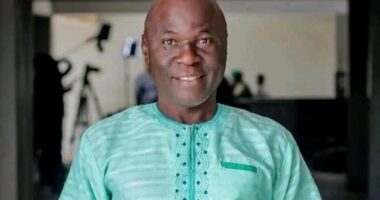How would you describe the first 100 days in office? The first 100 days mark a key period for any government, setting the tone for future governance. I believe the State government has done exceedingly well, fulfilling most of its major promises. Celebrating both the State and Central governments’ 100-day milestone today brings joy and confidence in meeting people’s aspirations. Critics point out that you lacked ministerial experience before becoming CM. How are you managing pressure from your party, the Opposition, and the bureaucracy? The BJP came to power for the first time on its own and many are first-time MLAs. However, I have had the honour of being elected four times to the Assembly, discharging my duty in various legislative capacities. This has given me enough insight into how the government functions. There are no pressure groups inside the BJP, but this Assembly has a strong Opposition. I am steering the government in a consensus mode. I can say with confidence that the bureaucracy-led governance that was prevalent previously has been replaced with people’s representative-led governance. Naveen Patnaik with an uninterrupted 24-year stint as CM was known for launching pioneering welfare schemes. As his successor, do you feel burdened by high expectations? Of course, he was a strong leader, winning five consecutive terms. However, this time he couldn’t meet the growing aspirations of the youth. They wanted change for the better. We have already begun delivering on our campaign promises. I don’t feel burdened, but responsible for fulfilling the hopes and expectations of the people. The BJP has come to power highlighting the corruption cases in previous governments. Have you taken any action to expose them? In the last three months, several high-ranking corrupt officers have been arrested. Who let them amass such wealth, and who protected them? Our stance is clear: zero tolerance for corruption. Whether officers or decision-makers, anyone found guilty in mining or chit funds, or any other scam will face consequences. We are assessing every corruption charge. This government won’t be vindictive, but it also won’t spare anyone. Handling the Finance portfolio, would you describe the State’s financial health bequeathed by the previous regime as strong or weak? I won’t play politics for brownie points. I won’t call it weak, but there is no point crying over spilt milk. We must work with what we have inherited, including two and a half decades of legacy issues. With 2.5 lakh vacant government posts, it would cost ₹50,000 crore annually to fill them. What was the point of sitting on huge cash when unfilled posts were affecting the government’s functioning? How do you respond to Mr. Patnaik’s charge that your government is a ‘name changer’, retaining 80% of his welfare schemes and just renaming them? Their criticism is on expected lines. The Opposition’s criticism lacks specifics, failing to identify exact issues of dissatisfaction. Do you [Opposition] not want farmers to be given ₹3,100 per quintal for their paddy? Don’t you want higher pensions for your senior citizens? My government is always open to constructive criticism. I will urge the Opposition to keep the economy out of politics. Going forward, what will be the major thrust areas of your government? I will prioritise education, health, and women’s empowerment. We will address the decline in primary education by establishing Godavarish Adarsh Vidyalayas at the panchayat level. Health services will be made affordable and accessible through the public health system. We will boost livelihoods by enhancing agriculture, expanding labour-intensive industries, and developing service sectors. For women, we will improve support systems and ensure strict prosecution of offenders. At less than 10%, the conviction rate in cases of violence against women is shameful. We will make Odisha a woman-friendly State. A woman recently alleged custodial abuse in a police station in the State capital. When you came to power, the first expectation from the police was humane treatment. How do you see this development? My government is highly sensitive to such cases and is monitoring the investigation closely. The police officers involved were promptly suspended as soon as the Crime Branch began its inquiry. There will be no leniency for anyone involved; those found guilty will face the harshest possible penalties. You hail from Keonjhar, a district that is abundant in mineral wealth, but struggles with high levels of child anaemia, stunting, and underweight issues. How do you plan to address these contrasting realities seen in many parts of the State? Yes, it is indeed a paradox that the wealthiest district is also among the poorest. However, this is expected to change with the government’s new policy. Rather than exporting the district’s rich mineral resources, the plan is to use them to develop industries. This process is already under way. Malnutrition and anaemia are not specific to one district alone. Unfortunately, in the past two and a half decades, there has been no serious attempt to correct this. According to the latest NFHS-5 [National Family Health Survey] report, Odisha has the highest percentage of malnourished women and children. To tackle this, we are implementing a comprehensive approach through a twin strategy: nutritional support and medical intervention.
Subscribe
Login
0 Comments





